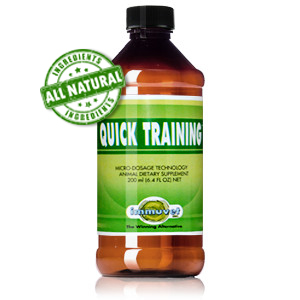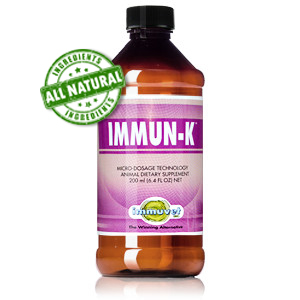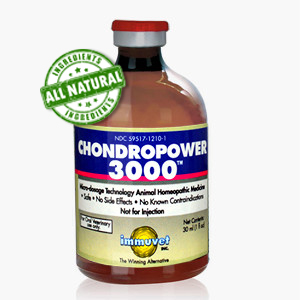Peripheral Dental Caries in Horses.

Most of the horse owners often think; “what are this dental caries?” Well, in simple words, dental caries is referred to as tooth decay. Even though they are painful for horses, but due to the chewing habits of the horses, the disease is relatively uncommon. The primary reason behind the illness is neutralized saliva.
To find out whether your horse is suffering from dental caries or not, here are a few symptoms you can observe.
- Intense pain,
- Loss of appetite, and
- Change in behavior and eating habits.
The disease can be diagnosed by a simple medical examination most of the times. However, in severe cases, extensive imaging, X-rays, and CT scans are also required to rule out any secondary issues like sinus. Dental caries is usually caused by the imbalance of the pH of the horse’s mouth, which eventually results in plague-buildup.
The surface dental caries has become quite prevalent in horses over the past few years. This is one apparent reason why horse owners have started to worry about the effects of dental caries and tooth decays.
According to a Kentucky Equine Research staff veterinarian, Laura,
“We believe that the percentage of horses eating more high-carbohydrate diets has increased the incidence of peripheral dental caries.”
The carbohydrate ferment makes the mouth acidic, which eventually results in irritation in the mouth and tooth decay. The question is, how? Well, the acidic environment results in the erosion of the tooth, which causes dental caries, which if left untreated, can be painful.
To figure out the prevalence of dental caries in horses, research was conducted at the Roslin Institute in Scotland. Almost 101 postmortem heads were examined to check the severity of dental caries in horses. Over 90 percent of the horses were suffering from dental caries. Molars were widely affected by the disease. Moreover, almost 73 percent of lesions affected the tooth mildly unless the tooth was eroded more.
So, the researchers concluded that most of the horses would suffer from peripheral caries. However, it will not cause a severe issue. For all the horse owners, it is essential to take your hose out on a regular check-up to prevent serious problems later in their lifetime.
Dental caries can also be reduced by giving a healthy and nutritional diet. Horse owners should concentrate on the menu their horses are consuming. Majority of the vets prefer low-carb diet and vitamin-rich food to maintain the pH level of the mouth and prevent dental caries and tooth decays. Immun-K™is the most suitable diet for horses which not only provides extra energy but is also a source of essential minerals, proteins, and vitamins which helps in managing the required nutrients in the horse’s body.
Diagnosing and horse healing can be complicated, mainly because figuring out the symptoms might take a lot of time. Regular check-up, using the best supplements for horses and maintaining their diet is necessary to prevent dental caries and tooth decays.
Therefore, if you want to keep your horse safe from tooth decays and caries, make sure you follow the instructions stated above.
Quick Training™
Presentation: 200ml bottle
Price: $85.00
U.S. and Canada Pricing. For International Prices, please Contact Us.
Quick Training™ is a prime quality enhancer of the organic functions. It works primarily in the circulatory system as well as the respiratory and locomotive functions.
Stop 20 AM&PM®
Presentation: 200ml bottle
Price: $85.00
U.S. and Canada Pricing. For International Prices, please Contact Us.
The horse immune system is designed to protect them from invading pathogens is extremely complex. If your horse’s organism functions well, then this whole system works. But, it can easily be compromised by demanding conditions. As a result, your horse can become ill and you will have to call your veterinarian to diagnose and treat it.
ChondroPower 300®
Presentation: 200ml bottle
Price: $60.00
U.S. and Canada Pricing. For International Prices, please Contact Us.
ChondroPower 3000® is a chondroprotective unique formula that helps reduce cartilage degeneration and promote normal healthy joints by increasing the synthesis of synovial fluids to enhance athletic horse’s performance.





